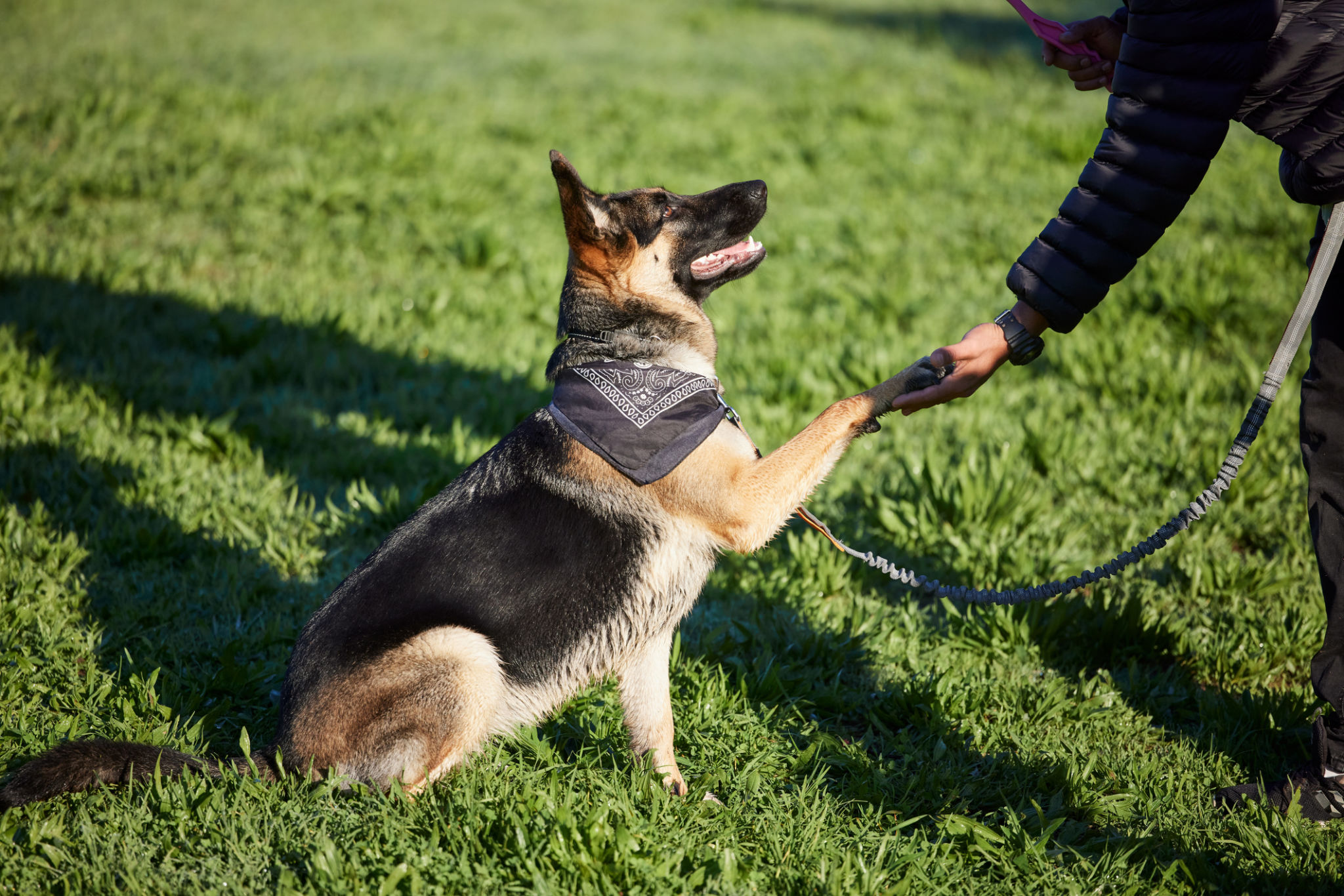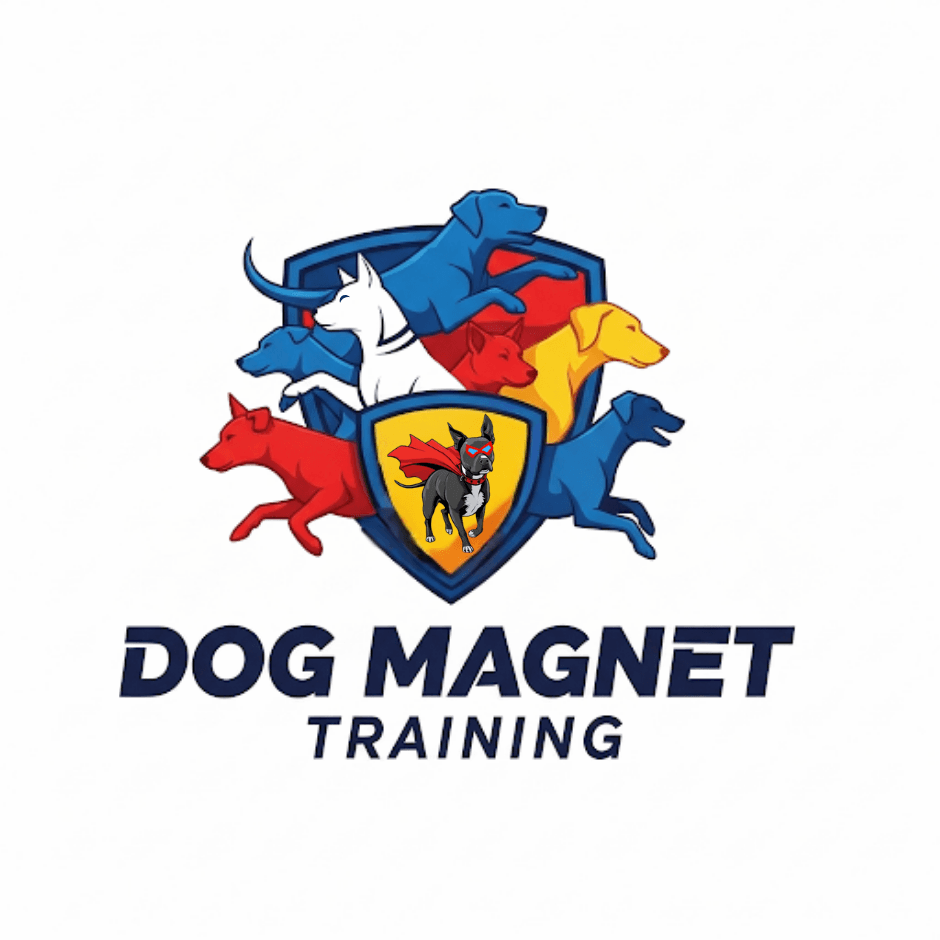Success Stories: Transforming Reactive Dogs with Professional Training
Understanding Reactive Behavior in Dogs
Dogs, like humans, have distinct personalities. However, some dogs display what is known as "reactive behavior." This can manifest as barking, lunging, or growling at other dogs, people, or even objects. Understanding the root cause of reactivity is crucial for effective training. Often, reactivity stems from fear, anxiety, or a lack of proper socialization during critical developmental stages.
Reactive behavior can be challenging for dog owners to manage on their own. Many find themselves feeling isolated or frustrated when traditional training methods do not yield the desired results. This is where professional training can make a significant difference.

The Role of Professional Training
Professional dog trainers specialize in understanding canine behavior and can tailor their approach to meet the unique needs of each dog. They focus on building trust and communication between the dog and its owner. By employing positive reinforcement techniques, trainers can help modify undesirable behaviors effectively.
One of the key benefits of professional training is the structured environment it provides. Dogs learn best in a setting where they feel safe and understood. Trainers create a controlled space where reactive dogs can gradually acclimate to various stimuli, reducing their anxiety over time.
Success Story: Max's Transformation
Max, a three-year-old German Shepherd, was once known for his intense reactivity towards other dogs and strangers. His owners were at a loss until they sought the assistance of a professional trainer. Through a series of carefully planned sessions, Max learned to remain calm and focused, even in situations that once triggered his reactive behavior.

The trainer worked with Max using desensitization and counter-conditioning techniques. These methods helped Max associate positive experiences with previously threatening situations. Over time, Max's confidence grew, and his reactivity diminished significantly.
Steps to Success: Key Training Techniques
Professional trainers employ a variety of techniques to transform reactive behavior in dogs. Some of the most effective methods include:
- Desensitization: Gradually exposing dogs to the stimuli that trigger their reactivity in a controlled manner.
- Counter-conditioning: Changing a dog's emotional response to a trigger by pairing it with positive reinforcement.
- Impulse Control Training: Teaching dogs self-regulation skills through exercises that promote patience and focus.
These approaches not only help in managing reactivity but also enhance overall obedience and strengthen the bond between the dog and its owner.

The Impact on Owners and Dogs
The transformation of a reactive dog has profound effects on both the animal and its owner. Owners often report feeling more confident and less stressed when they have the tools and knowledge to manage their dog's behavior. For the dog, professional training leads to increased confidence, reduced anxiety, and an improved quality of life.
Additionally, reactive dogs often experience less social isolation after undergoing training. They can participate in more activities and enjoy a wider range of social interactions, contributing to their overall happiness and well-being.
Conclusion: The Path Forward
Transforming a reactive dog with professional training is not just about correcting behavior—it's about fostering a harmonious relationship built on trust and understanding. For owners struggling with reactive dogs, seeking professional help can be a life-changing decision that opens up new possibilities for both them and their furry friends.
If you find yourself facing similar challenges with your dog, consider reaching out to a professional trainer who can guide you through this rewarding journey. With patience and dedication, you too can witness an incredible transformation.
